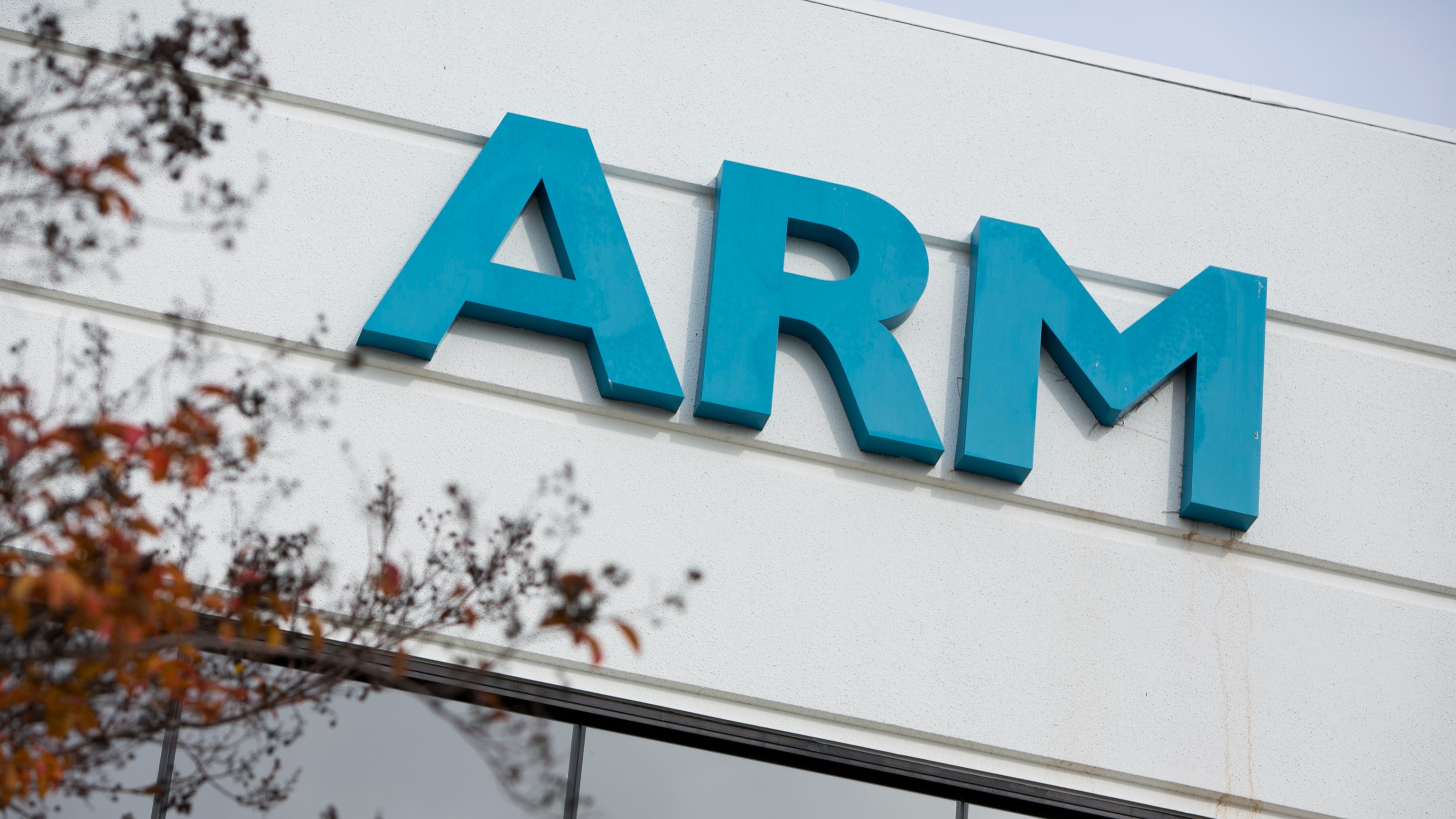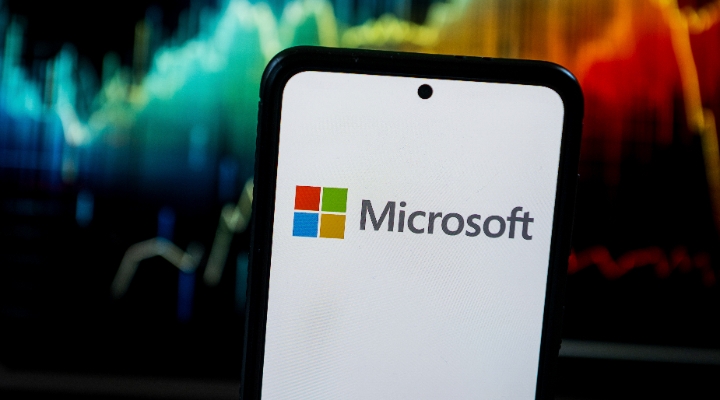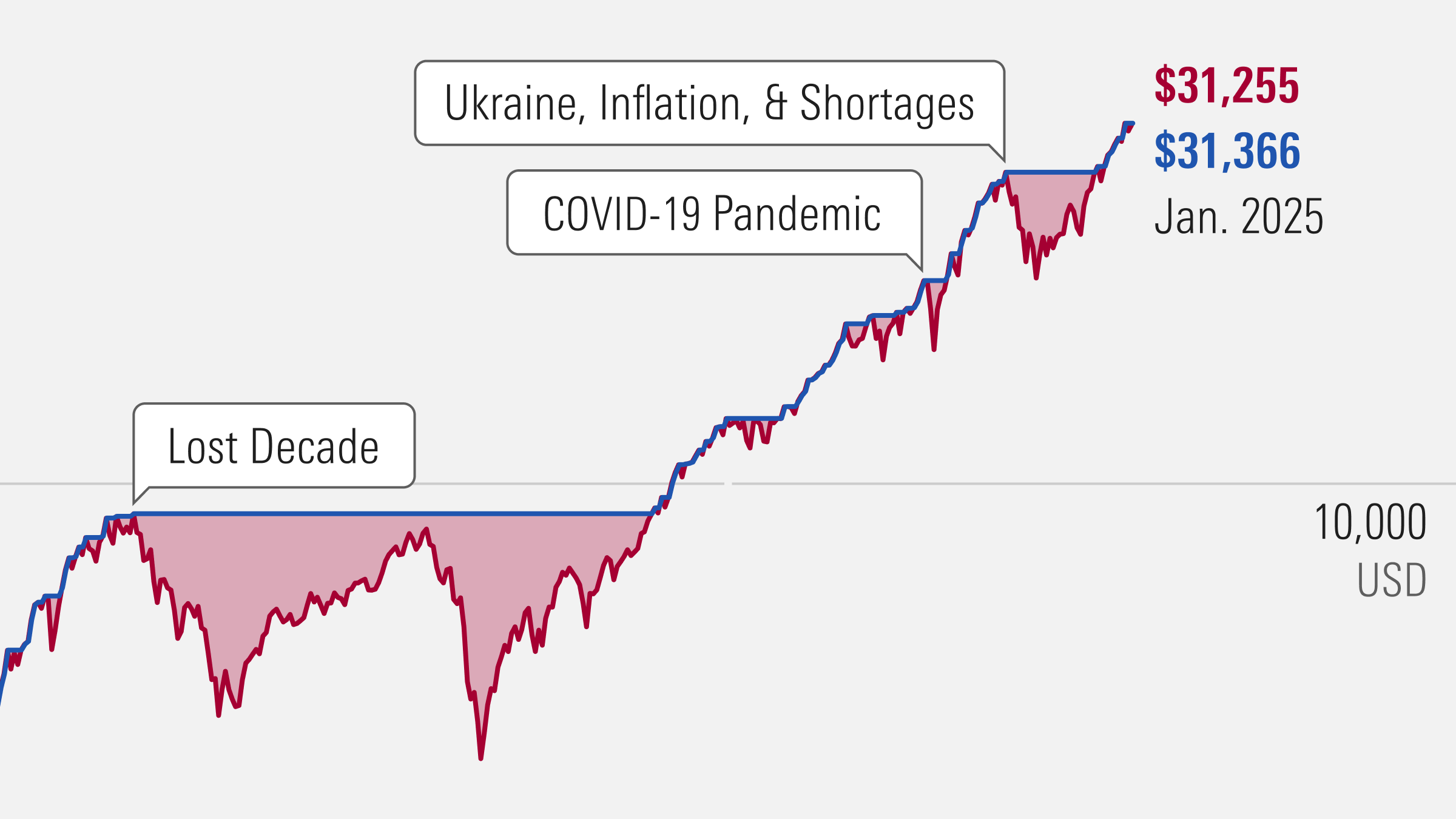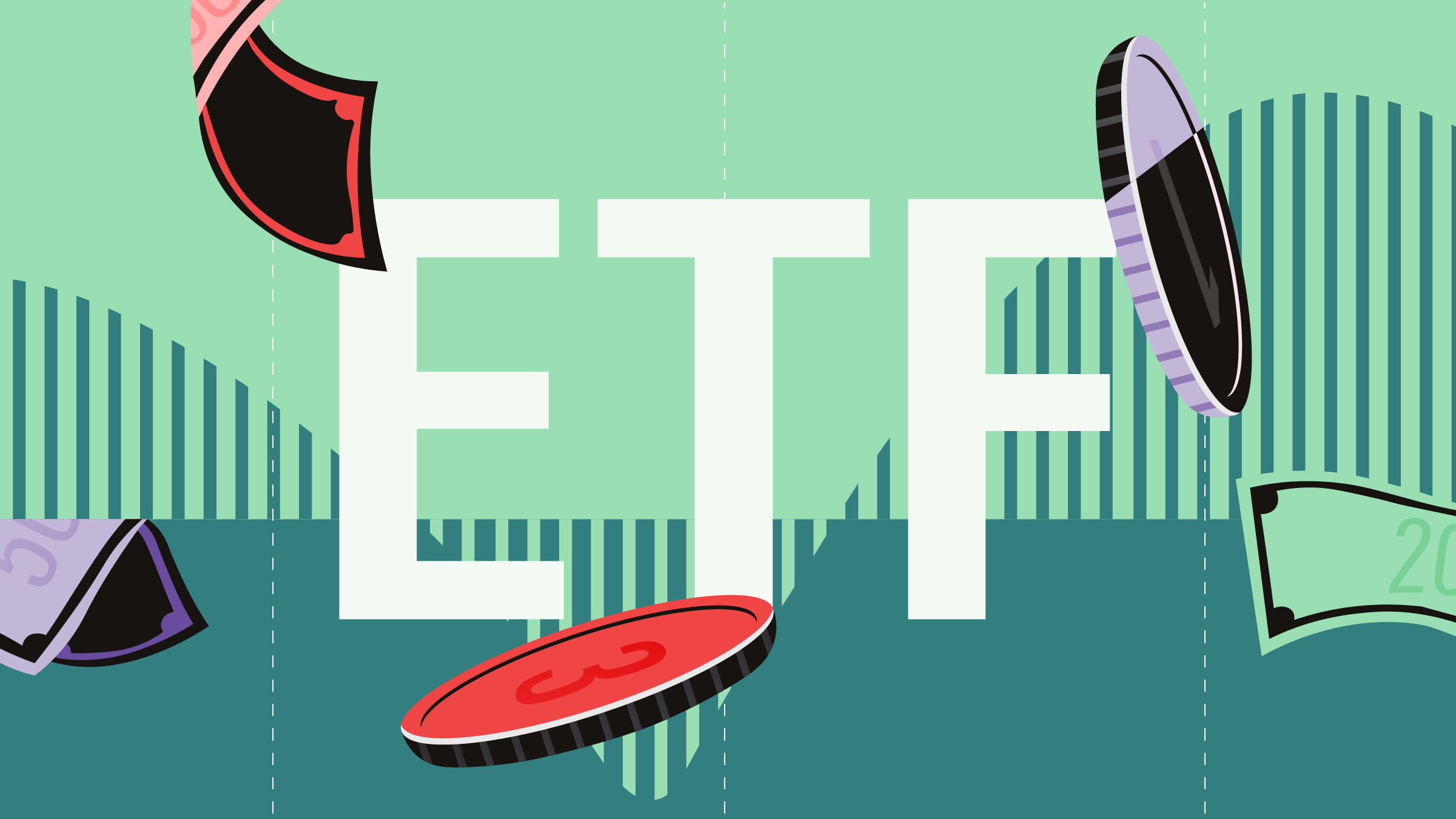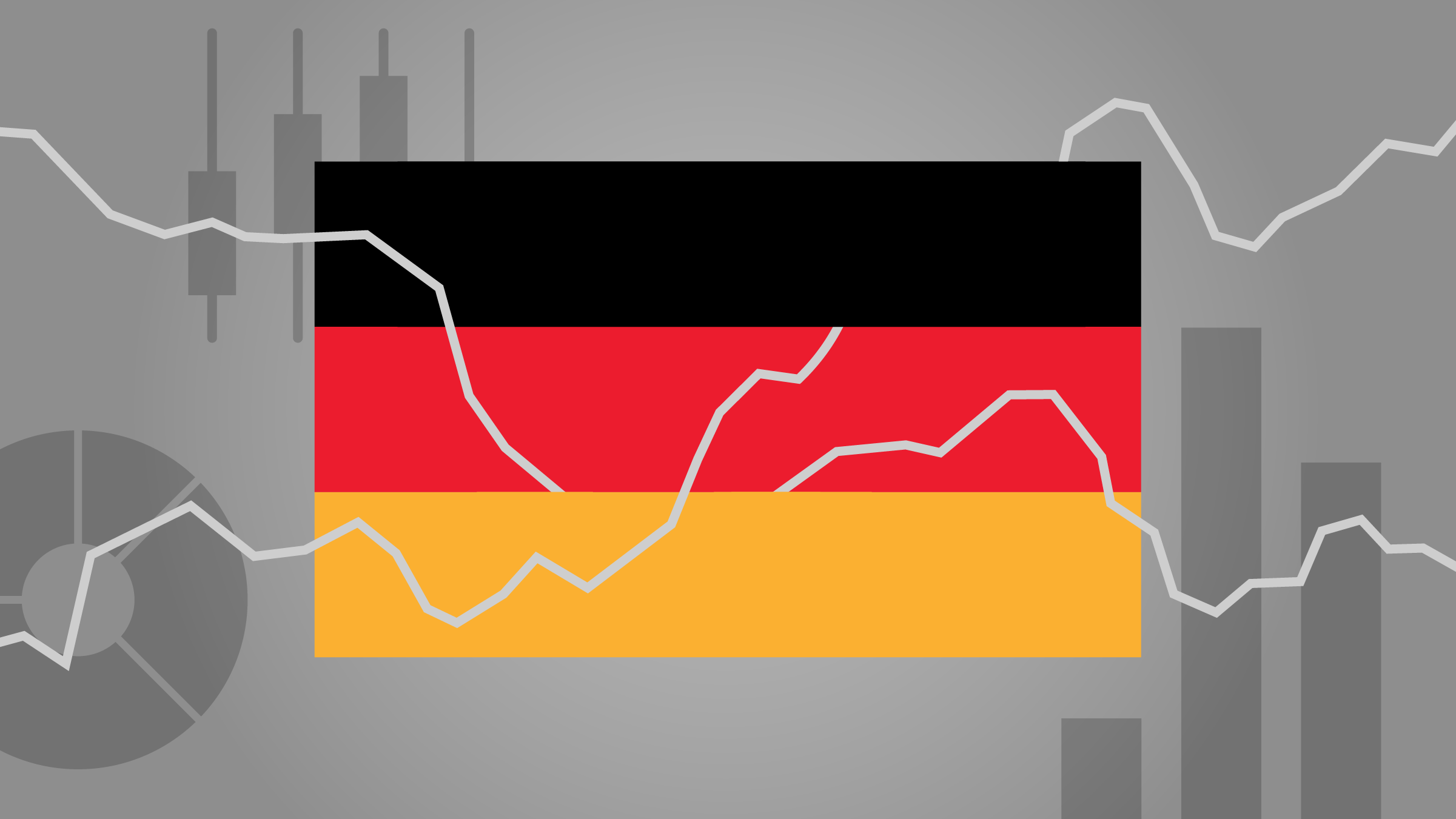David Whinstonin kommentti englanniksi:
“On 27th September, the SEC filed a civil complaint against Tesla CEO Elon Musk alleging securities fraud related to his 7th August "funding secured" tweet about taking Tesla private. The Justice Department is also investigating this tweet as a criminal matter but has not filed charges. The SEC is seeking civil penalties, disgorgement of any ill-gotten gains, and wants to bar Musk from serving as a director or officer of any U.S. public company. The latter item is most significant for investors in our opinion because as we have said previously, we think for now Musk is effectively Tesla and without him Tesla is just a capital-intensive automaker burning cash with too much debt due soon.
“If Musk were not allowed to be a key decision-maker at Tesla, or if we grow more uncomfortable with the legal risk surrounding Tesla in the future, then we would likely raise our weighted average cost of capital to nearly 12% from about 10%. This change, holding all else equal in our model, would lower our fair value estimate to about $126 from $179, but for now we are maintaining our fair value estimate while we see how this complaint plays out over time in the courts or via litigation.
“The SEC held a short press conference and we also read its complaint. The agency believes that at the time of the 7th August tweet, Musk knew he had never discussed going private at $420 per share with any potential funding source and had done nothing to research if all current shareholders could remain owners if Tesla went private. This issue was a key reason Musk eventually abandoned his plan to go private as announced via a late night 24th August blog. The complaint does say Musk met with a sovereign investment fund on 31st July, which Musk said in an 13th August blog post was from Saudi Arabia.
“At the 31st July meeting, the fund said it had taken a 5% stake in Tesla and wanted to take Tesla private. The complaint also says Musk assumed Tesla would have to open a plant in the Middle East for the deal to happen but the complaint also says that meeting, "lacked discussion of even the most fundamental terms of a proposed going private transaction" and there was "nothing exchanged in writing."
“We took Musk's 7th August "funding secured" tweet and a later tweet that day by him saying the only contingency to a deal was a shareholder vote to mean he had at least a verbal, if not written, commitment of funding. If the SEC can prove this was not true, then Tesla may have to bargain with the SEC to keep Musk in an executive role at the company. Section 30 of the complaint alleges that between 31st July and the 7th August "funding secured" tweet, Musk did not talk to the fund again, did not discuss a $420 going private deal with any potential funding source, did speak with an unnamed private equity contact about the process to go private but did not talk to any other potential investors about their interest, did not provide a specific proposal to Tesla's board to go private, did not contact current shareholders with a specific proposal to go private, did not formally retain advisors for a transaction, did not determine if retail investors could remain invested in a private Tesla, and did not investigate regulatory issues around going private.
“According to the complaint, Musk did email the board on 2nd August with the subject, "Offer to Take Tesla Private at $420" and had a conference call with the board on 3rd August. During the call, Musk told the board the sovereign fund was interested in taking Tesla private. The board authorized Musk to contact certain investors to discuss the matter but there is no mention of an actual deal in place at that time.”





